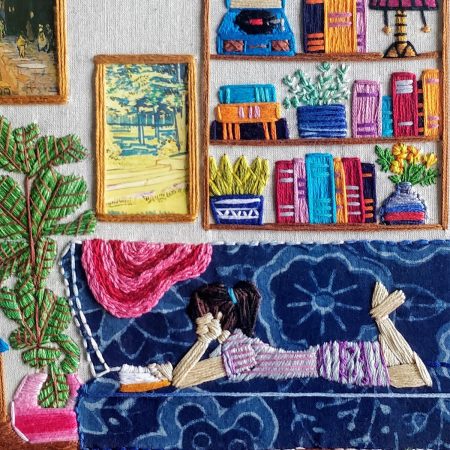
No, Fangirls are not a Dying Species
At the beginning of 2022, I was still a student. Just along the fag end of that identity. At the end of 2022, I was a teacher. On a lot of days, I feel a bit trivial.
From feminist pedagogies to critical approaches, teaching strategies and learning methods, we look at pedagogy as a living, breathing organism shaping learners’ abilities to take constructive action.

At the beginning of 2022, I was still a student. Just along the fag end of that identity. At the end of 2022, I was a teacher. On a lot of days, I feel a bit trivial.
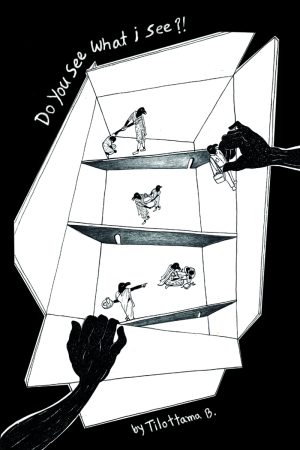
Tilottama says the inspiration for the graphic narrative Do You See What i See?! comes from a co-learning space where we all feel safe while exploring our curiosity unconditionally.
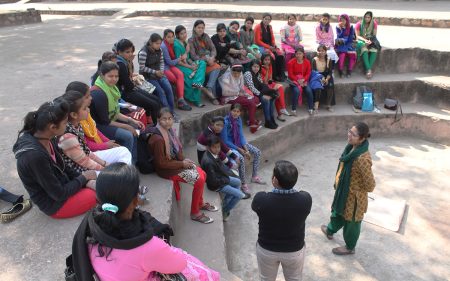
Aashiyan has the air of a scout. Squeezing through gullies lined with garbage, whizzing past the worn-out, exposed brick-and-cement houses, she, along with around 15-20 other girls and women of Welcome Colony, Shahadara, looks at her neighbourhood anew.
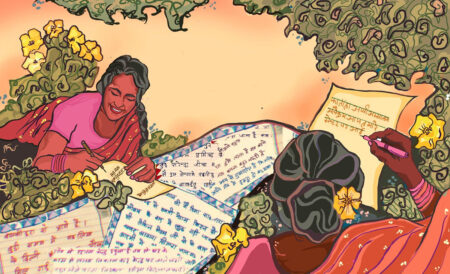
It’s been over 20 years since I started working on women and adolescent girls’ literacy. Twenty years, and I still continue to feel that letter writing is a significant pedagogical tool in the teaching-learning process of any literacy or education programme.
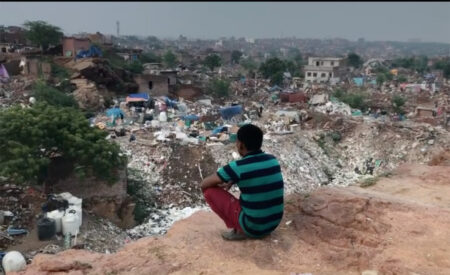
In Part Two we discuss the limitations of anger, the potential for empathy instead if accompanied by rigour, and the underrated merits of using joy pedagogically.

Acclaimed filmmaker Avijit Mukul Kishore leads The Third Eye’s flagship online curriculum called Filmy Shehar. In the two part masterclass on Queer, we look at diverse ways in which homosexual characters have been represented in Hindi films.
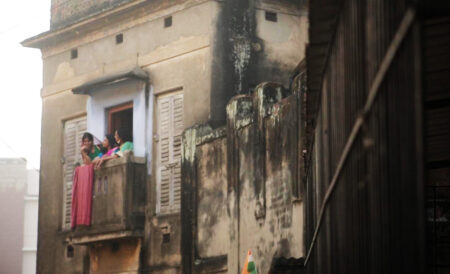
On May 19, 2022, a bench of the Supreme Court of India issued a directive recognising sex work as a profession, wherein the practitioners of sex work shouldn’t be penalised, harassed, incarcerated or punished if they are consenting adults.

In the two part masterclass on caste, we search for obvious and subtle ways caste plays out in the ways mainstream cinema constructs society. We explore standpoints – of filmmakers, films, and images to discover shifting points of view in the ways cinema shows (and hides) caste.
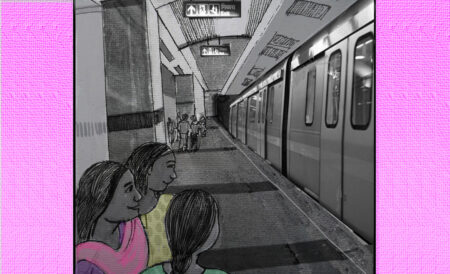
Eight of us – four young teenage girls and four women – move about the room imagining ourselves in different places. Sometimes we are walking in open fields, sometimes we are catching the metro. Sometimes we are shrieking in glee and running through unexpected rain.

Acclaimed filmmaker Avijit Mukul Kishore, who is well known for his intimate portraits of people, places and changing urbanisms, leads The Third Eye’s flagship online curriculum called Filmy Shehar. Watch the first masterclass on the Chhota Shehar below.